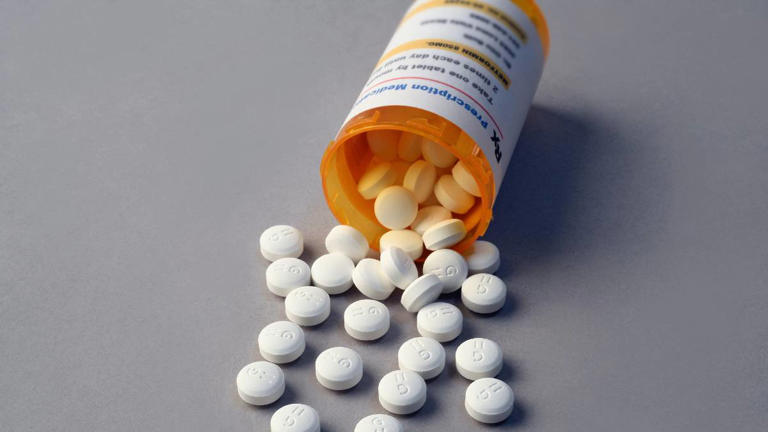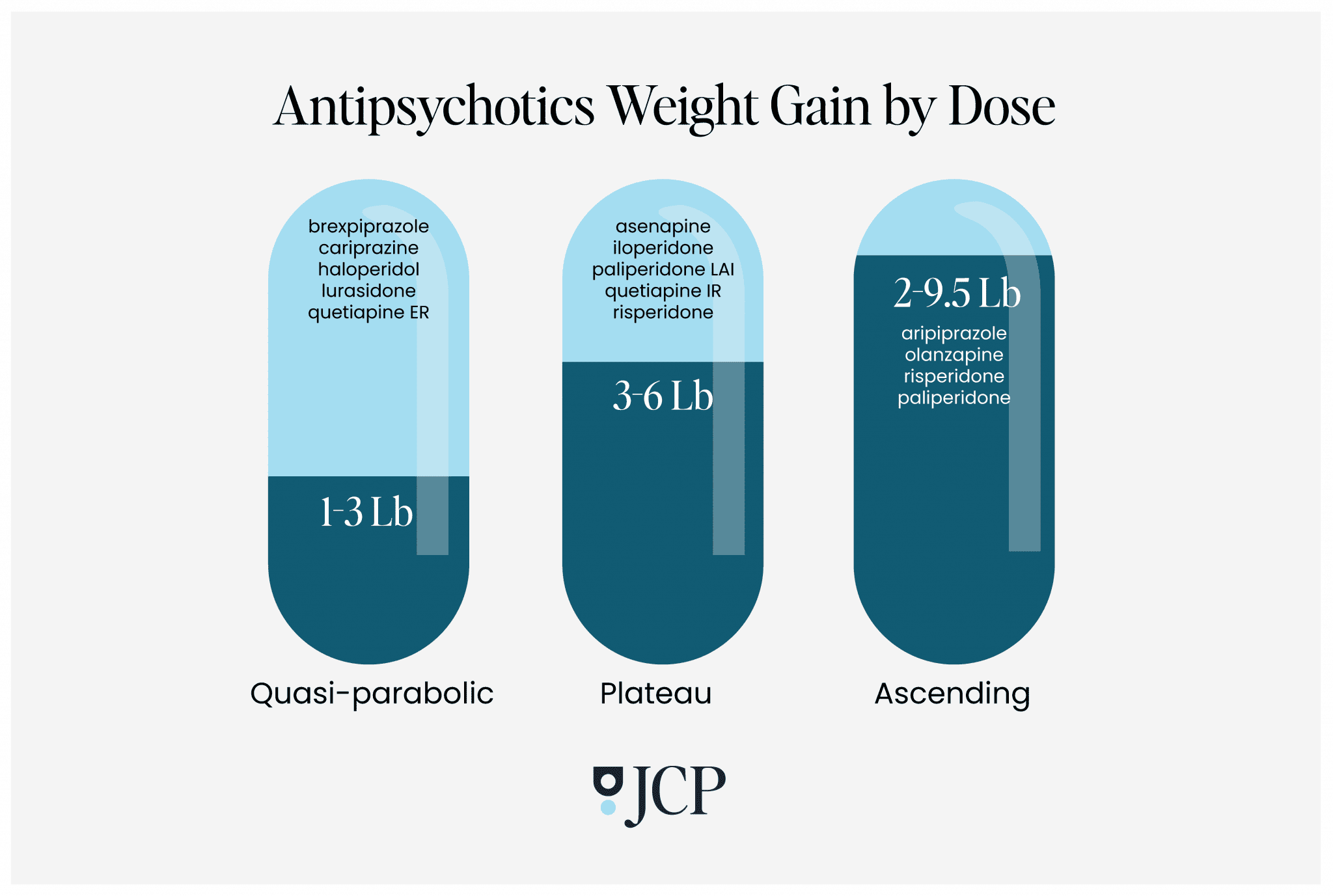It sounds like a contradiction, right? Most people think antidepressants cause weight gain—and some absolutely can. But after years of struggling with emotional eating and failed diets, I found myself asking a different question: are there antidepressants best for weight loss?
Turns out, a few antidepressants do more than just help with mood—they may actually reduce appetite, support energy, and aid sustainable fat loss. I dug into the research, talked to my doctor, and eventually tried three that kept showing up in Reddit threads and clinical reviews. One of them helped me drop 9 pounds in six weeks, without intense dieting or overexercising.
Here’s everything I wish I’d known before I started—and how to figure out if one of these antidepressants might support both your mental health and your weight loss goals.
Why More People Are Googling “Antidepressants Best for Weight Loss”
If you’ve been down the antidepressant rabbit hole, you’ve probably seen search results like:
-
“Which antidepressant helps with weight loss?”
-
“Best antidepressant for energy and appetite control”
-
“Does Wellbutrin really make you lose weight?”
-
“Zoloft vs. Wellbutrin—what’s better for weight?”
For many people (myself included), the goal isn’t just to feel better mentally—it’s to stop the cycle of emotional eating, low energy, and weight gain that can come with anxiety, depression, or even the meds themselves.
Most people searching aren’t looking for a magic pill. They’re hoping for something that supports both mood and metabolism—and doesn’t make them gain 15 pounds in three months.

What Causes Weight Gain (or Loss) With Antidepressants?
Let’s be clear: most antidepressants are weight-neutral or weight-gaining. This isn’t because they directly cause fat gain—but because they can:
-
Increase appetite or cravings
-
Slow down metabolism
-
Cause fatigue that lowers activity levels
-
Impact emotional regulation, leading to comfort eating
However, some antidepressants—especially those that work on dopamine and norepinephrine—may do the opposite. They can suppress appetite, boost motivation, and help reduce the mental “food chatter” that leads to overeating.
The Top 3 Antidepressants Best for Weight Loss (and What Happened When I Tried Them)
I worked with a doctor to explore options with a lower risk of weight gain or even mild weight reduction. Here’s what I found.
1. Bupropion (Wellbutrin)
Class: Atypical antidepressant
How it works: Boosts dopamine and norepinephrine
Known for: Appetite suppression, energy increase, reduced cravings
My experience:
This one changed the game for me. Within 10 days, I noticed fewer afternoon cravings and more stable energy. I wasn’t thinking about food constantly. I naturally ate smaller portions—and didn’t feel deprived.
Weight lost: 6 pounds in 4 weeks
Side effects: Slight dry mouth and jitteriness at first, which eased off
Best for: People with food addiction tendencies, low motivation, or binge eating issues
Studies back this up—bupropion is the most consistently linked to weight loss among antidepressants, especially in people with higher BMI or depressive overeating patterns.
2. Fluoxetine (Prozac)
Class: SSRI (Selective serotonin reuptake inhibitor)
How it works: Increases serotonin availability
Known for: Weight loss in early months, especially at higher doses
My experience:
Appetite suppression kicked in by week 2. I didn’t feel as impulsive with food choices, and meals felt more satisfying. The effect was subtler than Wellbutrin, but still real.
Weight lost: 3 pounds in 3 weeks
Side effects: Minor stomach discomfort early on
Best for: Those with anxiety or OCD-type thinking around food and weight
Prozac is often prescribed off-label in weight management, particularly for people who emotionally eat due to anxiety.

3. Duloxetine (Cymbalta)
Class: SNRI (Serotonin-norepinephrine reuptake inhibitor)
How it works: Balances serotonin and norepinephrine
Known for: Neutral to mild weight loss in some users
My experience:
It didn’t cause weight gain—and that alone felt like a win. I felt less emotionally reactive, which helped me pause before stress-snacking. Not a big appetite drop, but a better ability to regulate food choices.
Weight lost: 2 pounds over 3 weeks
Side effects: Slight dizziness on day one; gone by day three
Best for: People with depression and chronic pain or fatigue
While not a “weight loss med,” duloxetine is often favored over SSRIs that tend to cause weight gain, like paroxetine or mirtazapine.
Quick Comparison: Antidepressants and Weight Impact
| Antidepressant | Likely Effect on Weight | Main Use | Notable Benefits |
|---|---|---|---|
| Bupropion (Wellbutrin) | Weight loss (most consistent) | Depression, SAD, smoking cessation | Boosts energy, lowers appetite |
| Fluoxetine (Prozac) | Weight loss short-term | Depression, OCD, anxiety | Reduces emotional eating |
| Duloxetine (Cymbalta) | Weight neutral/loss | Depression, anxiety, fibromyalgia | Improves pain + mood stability |
| Sertraline, Escitalopram | Weight neutral/gain | Depression, anxiety | Milder side effects, but appetite may increase |
| Paroxetine, Mirtazapine | Weight gain common | Anxiety, insomnia, PTSD | Good for underweight patients or those needing sedation |
How to Support Weight Loss While Taking Antidepressants
Whether you’re starting a new med or switching to one that’s weight-loss-friendly, here are habits that helped me get better results without going extreme.
-
Eat protein at every meal (aim for 80–100g/day)
-
Track hunger and mood, not just weight
-
Use an ACV drink in the morning to reduce sugar cravings (1 tbsp apple cider vinegar + lemon + water)
-
Go on short walks after meals to stabilize blood sugar
-
Get consistent sleep, since poor rest can mess with appetite-regulating hormones
-
Be patient—results come in weeks, not days
The biggest shift wasn’t just on the scale. It was mental clarity around food. I finally felt like I was making the decisions—not my anxiety or dopamine cravings.
FAQ: Antidepressants Best for Weight Loss
Which antidepressant is best for weight loss?
Bupropion (Wellbutrin) is the most consistently linked to weight loss, especially in people with depression-related overeating. Fluoxetine and duloxetine may also lead to mild weight reduction.
Can antidepressants cause weight loss?
Yes, though it depends on the medication. Some suppress appetite or improve energy, while others may increase hunger. Always consult your doctor before making changes.
Is Prozac better than Wellbutrin for weight loss?
Wellbutrin generally leads to more consistent weight loss, while Prozac may help short-term, especially in anxiety-driven eating. Both work differently and suit different types of users.
Are there antidepressants that don’t cause weight gain?
Yes. Bupropion, fluoxetine, and duloxetine are commonly considered weight-neutral or weight-loss supportive. Avoid paroxetine and mirtazapine if weight gain is a concern.
How much weight can you lose on Wellbutrin?
Studies show an average of 5–10 pounds over several months, especially in people who were previously prone to stress or emotional eating.
Can antidepressants help with emotional eating?
Absolutely. Certain antidepressants regulate mood and impulse control, reducing the urge to eat for comfort or boredom.
Do I need to diet while on a weight-loss-friendly antidepressant?
Not necessarily. Most users see better results when combining medication with high-protein meals, regular movement, and mindful eating habits.
Final Thoughts
If you’re juggling depression or anxiety and trying to lose weight, it can feel like an uphill battle. But the truth is, the right antidepressant can make that climb easier—not harder. Choosing one of the antidepressants best for weight loss gave me more energy, fewer cravings, and a healthier relationship with food. And that made all the difference.
The key? Work with a provider. Track how you feel. Give your body time to adjust. And don’t be afraid to advocate for a medication that supports your whole health—not just your mental health.
Tried one of these? Thinking about switching? Let us know what worked for you—because your story might help someone else find their path to feeling better, inside and out.